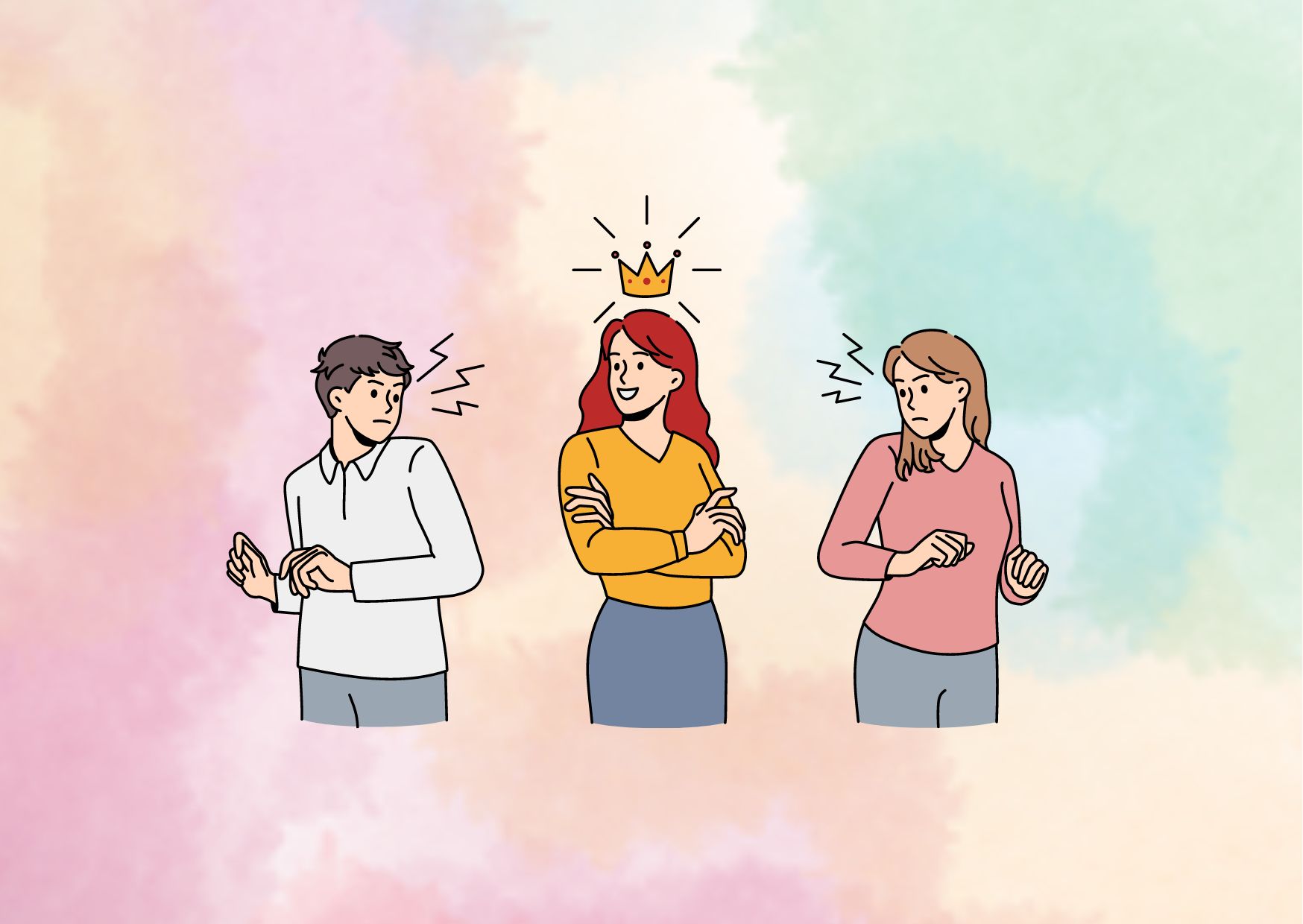Understanding the Toxic Sibling: Psychological Impact on Siblings
Sibling relationships can be complex and challenging, especially when dealing with a toxic sibling. These relationships often have a profound impact on emotional well-being and family dynamics. The presence of a toxic sibling can lead to long-lasting psychological effects, including sibling trauma, emotional abuse, and feelings of resentment or inadequacy. Understanding the signs and consequences of toxic sibling relationships is crucial to address and heal from these difficult family situations.
This article delves into the world of toxic sibling relationships, exploring their psychological impact and the various factors that contribute to their development. It examines common patterns such as scapegoating, the golden child phenomenon, and narcissistic traits within sibling interactions. Additionally, the article discusses the role of parental neglect and dysfunctional family dynamics in fostering toxic sibling relationships. Readers will gain insights on how to deal with a toxic sibling, navigate complex family dynamics, and begin the journey toward healing and personal growth.
Recognizing Signs of a Toxic Sibling Relationship
Toxic sibling relationships can have a profound impact on an individual’s emotional well-being and family dynamics. Identifying these harmful patterns is crucial to address and heal from difficult family situations. Here are some key signs to watch out for:
Constant Criticism and Blame
One of the most common indicators of a toxic sibling relationship is persistent criticism and blame. Toxic siblings often find fault in everything their brother or sister does, from their choices and behaviors to their appearance. They seem to have an endless supply of negative comments and make sure their sibling knows about every perceived flaw.
This constant barrage of criticism can lead to feelings of inadequacy and self-doubt. The targeted sibling may start to question their own judgment and abilities, eroding their self-esteem over time. In some cases, toxic siblings may even badmouth their brother or sister to other family members, further damaging relationships and reputations.
Boundary Violations
Healthy relationships respect personal boundaries, but toxic siblings often disregard these limits. This disregard can manifest in various ways:
- Physical boundary violations: Excessive tickling, hugging, or massaging without consent.
- Emotional boundary violations: Spending too much time with the sibling, acting possessive, or sharing inappropriate personal information.
- Privacy invasions: Snooping through personal belongings, reading private messages, or entering rooms without permission.
These boundary violations can leave the affected sibling feeling vulnerable and uncomfortable in their own space. It’s important to note that some boundary-crossing behaviors, such as inappropriate sexual comments or forced exposure to sexual content, can be forms of sexual abuse, even without physical contact.
Emotional Manipulation
Toxic siblings often use manipulation tactics to control their brothers or sisters. This can include:
- Gaslighting: Making the sibling question their own sanity or perception of reality.
- Guilt-tripping: Using emotional blackmail to get their way.
- Playing the victim: Feigning hurt or distress to avoid taking responsibility for their actions.
- Silent treatment: Ignoring or giving the cold shoulder to punish or control their sibling.
These manipulative behaviors can create a chaotic and emotionally draining environment. The targeted sibling may find themselves constantly walking on eggshells, trying to avoid triggering their toxic brother or sister’s negative reactions.
Other signs of a toxic sibling relationship include betraying trust, showing no remorse for hurtful actions, undermining achievements, and turning everything into a competition. Toxic siblings may also try to control their brother or sister’s life, making decisions for them or interfering in their relationships with others.
It’s important to remember that while some level of sibling rivalry is normal, especially in childhood, toxic behaviors go beyond typical family dynamics. If these patterns persist into adulthood and cause significant distress, it may be time to reassess the relationship and consider setting firm boundaries or seeking professional help to navigate these challenging family dynamics.
The Psychological Impact on Siblings
Growing up with a toxic sibling can have profound and lasting effects on an individual’s psychological well-being. The constant exposure to negative behaviors and dysfunctional family dynamics can shape a person’s emotional development and mental health in significant ways.
Low Self-Esteem and Self-Worth
Children raised in toxic family environments often internalize negative messages about themselves. When a sibling constantly criticizes or belittles them, they may start to believe these harmful statements. This can lead to a pervasive sense of shame and feelings of unworthiness. As one expert notes, “Children experience this as ‘my feelings don’t matter, so I don’t matter’.” This belief can persist into adulthood, even when the individual logically knows it’s not true.
The impact on self-esteem can be long-lasting. Adults who grew up with toxic siblings may struggle with chronic feelings of guilt, shame, or worthlessness. They might have difficulty recognizing their own value and may constantly seek validation from others.
Anxiety and Depression
The stress of living with a toxic sibling can contribute to the development of anxiety and depression. An analysis of over 30 studies shows that children with lower-quality sibling relationships are more likely to develop these mental health issues. The constant state of tension and unpredictability in toxic sibling relationships can create a heightened stress response, leading to chronic anxiety.
Depression may stem from feelings of helplessness and hopelessness that often accompany toxic family dynamics. The individual may feel trapped in a cycle of negative interactions, unable to change the situation or find relief.

